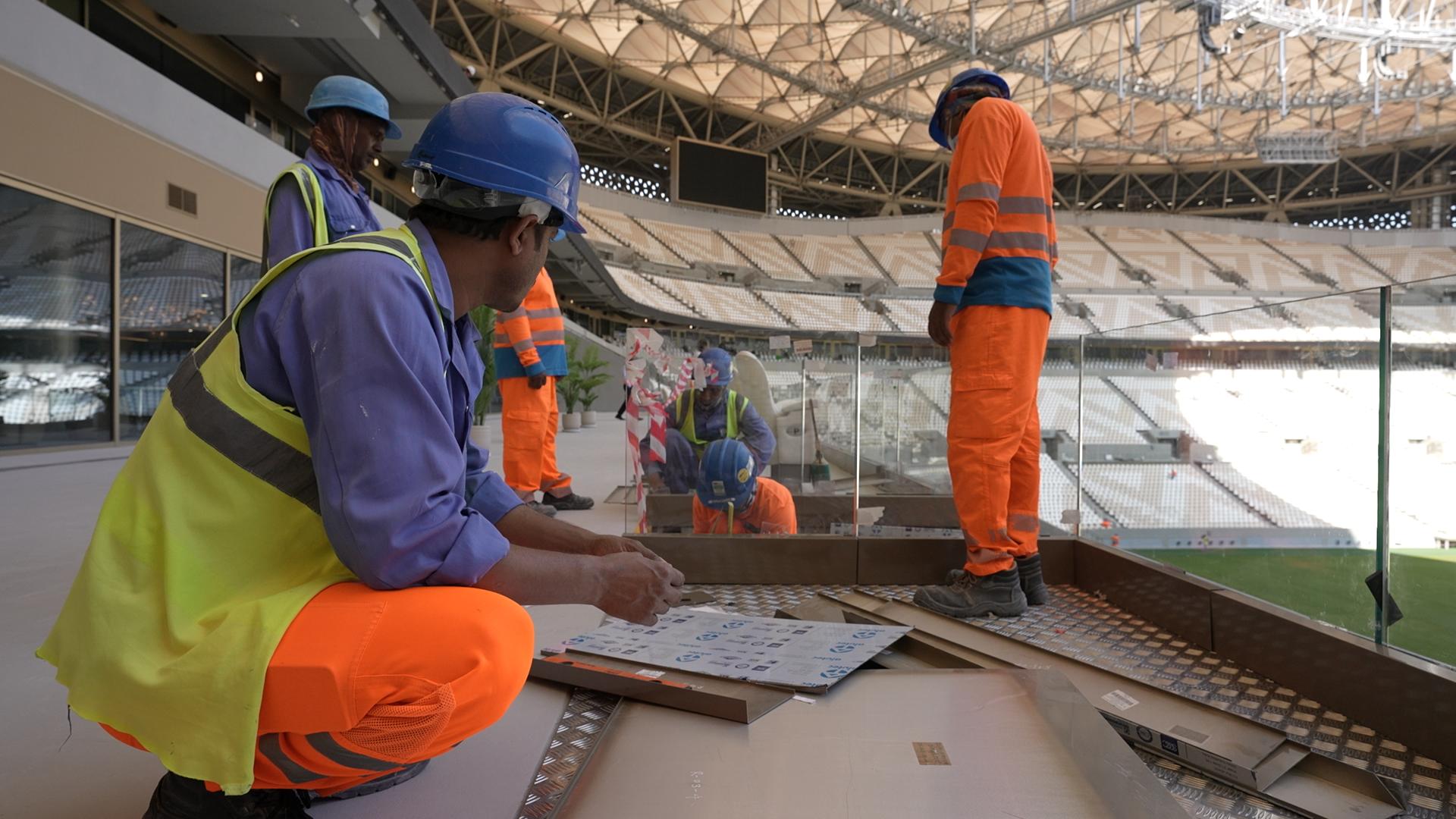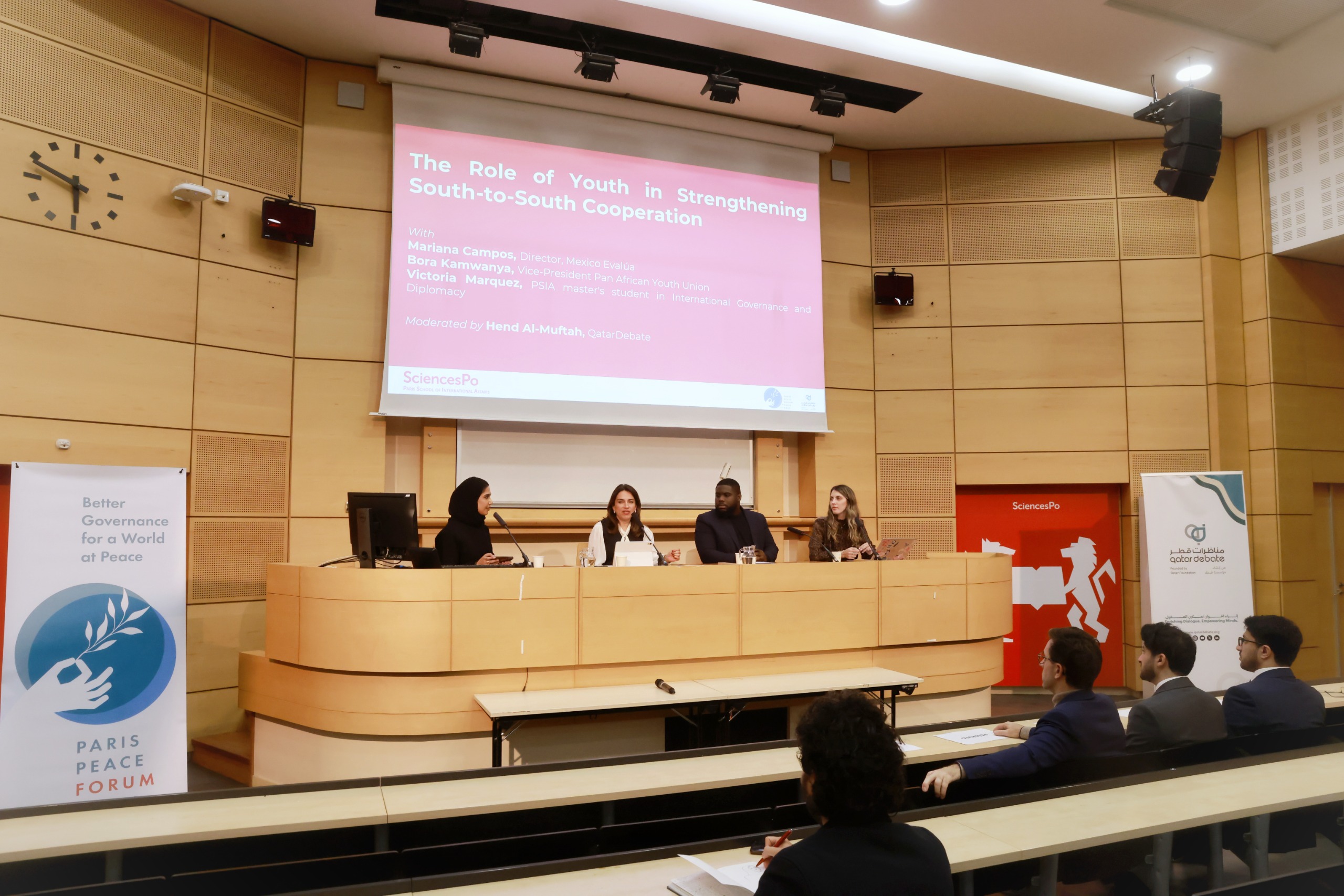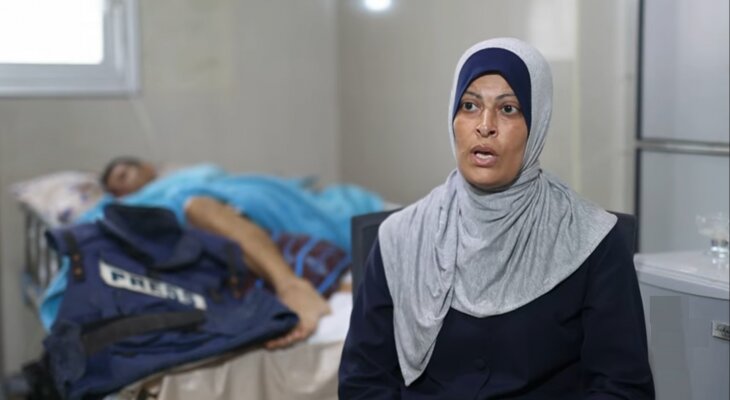Dozens of Filipino labourers have sued Jacobs Solutions Inc, citing ‘dangerous exploitation’ during their time working on 2022 FIFA World Cup stadiums.
Around 40 Filipino workers who were involved in the construction of stadiums that served as venues for the 2022 FIFA World Cup in Qatar have launched a lawsuit against a US construction firm for dangerous conditions, according to Reuters.
In their legal action, filed in a federal court located in Denver, Colorado, the claimants from the Philippines argued that Jacobs Solutions Inc and its associated subsidiaries responsible for overseeing the construction projects, forced them to live in overcrowded and unsanitary living spaces while also requiring them to endure 72-hour shifts in scorching temperatures without access to food or water.
The claimants maintained that they were not compensated in full for their services and also had their travel documents seized, thereby preventing them from seeking fresh employment opportunities or returning back to the Philippines.
Jacobs did not provide an immediate response when asked to provide their remarks, Reuters said.
The claimants in the lawsuit filed on Thursday argued that Jacobs was either aware or should have reasonably been aware of the human rights violations taking place and made a deliberate choice to exploit the workforce.
Jacobs and its affiliated companies are facing allegations of breaching a US statute that prohibits the use of trafficked or coerced labour, even when such actions transpire beyond the borders of the US.
The plaintiffs have brought up accusations of negligence, “unjust enrichment,” and various other claims against Jacobs. “They are seeking unspecified damages,” Reuters said.
Reforms to protect
Qatar had faced international scrutiny for its treatment of migrant workers in the lead up to last year’s FIFA World Cup, triggering a mass roll out of reforms to protect its labour force.
Qatar became the first nation in the Gulf to implement a non-discriminatory minimum wage in March 2021. This rate is applicable to all workers, regardless of nationality, in all industries, including domestic work.
As a result, 280,000 workers, or 13% of the workforce, had their pay increased to the new minimum threshold. Employers are required to transfer workers’ wages via Qatari banks so that the Ministry of Labour can watch over the transactions and lessen wage fraud.
In August 2020, Qatar also became the first country in the region to achieve the abolition of the Kafala system.
The change allows migrant workers to change jobs before the end of their contract without first having to obtain a ‘No Objection Certificate’ (NOC) from their employer, essentially stepping towards the dismantlement of the controversial Kafala system completely and providing protection for workers in the country.
Businesses that violate Qatar’s employment rules risk being prosecuted, barred from doing business, and denied access to the ministry of labour’s services.
Qatari authorities said several new channels have also been established for reporting grievances, “and workers are encouraged to speak up when they believe they have been wronged. Between October 2021 and October 2022, the Ministry of Labour said it received 34,425 complaints.
“The labour authorities investigate all complaints and take appropriate measures when a violation is recorded,” Qatar’s International Media Office assured.
Prior to the labour reforms, employees had relatively little options for filing complaints against their employers.







